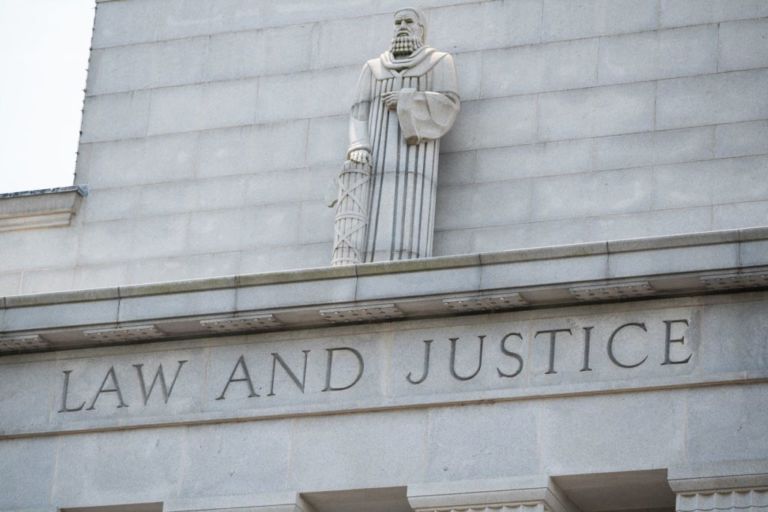Paige Winfield Cunningham documents for Washington Examiner readers a U.S. Supreme Court case involving the controversial Medicaid program.
Healthcare providers have long been unhappy with often meager Medicaid payments, but whether they can actually sue states to raise those rates is a question the Supreme Court will consider Tuesday.
The case Armstrong v. Exceptional Child Center is brought by five private companies providing Medicaid patients with in-home healthcare and other services. The firms say Idaho unfairly kept reimbursement rates at 2006 levels, even though care continued to grow more expensive.
In response, Idaho, backed by 27 other states and the Obama administration, says it’s up to the federal government and not courts to decide whether states are obeying the Medicaid rules. And being forced to pay higher rates is a burden on its budget, Idaho argues. The state spent an additional $12 million on Medicaid in 2013 under order by a lower court.
If the Supreme Court rules that healthcare providers may seek higher Medicaid payments via the court system, policymakers worry it will open up the floodgates to more such lawsuits across the country.
“The rush to jurisprudence would be swift and overwhelming,” said Matt Salo, executive director of the National Association of Medicaid Directors. “That will really kind of gunk up the gears of how government works.”
But providers contend that courts offer the only realistic hope for higher payments.
Doctors, hospitals and clinics caring for the nation’s poorest are paid at different rates depending on where they live, as states have lots of flexibility in how they run their Medicaid programs. But the reimbursements are generally lower than for private insurance or Medicare, prompting many providers to turn away Medicaid patients and making it hard for them to find a doctor.
And the problem could soon become more acute, with millions of Americans being added to the Medicaid rolls through the Affordable Care Act and the Jan. 1 end of the law’s two-year Medicaid payment bump to primary care doctors.
Thus N.C. policymakers have another good reason to avoid expanding this state’s Medicaid program.


